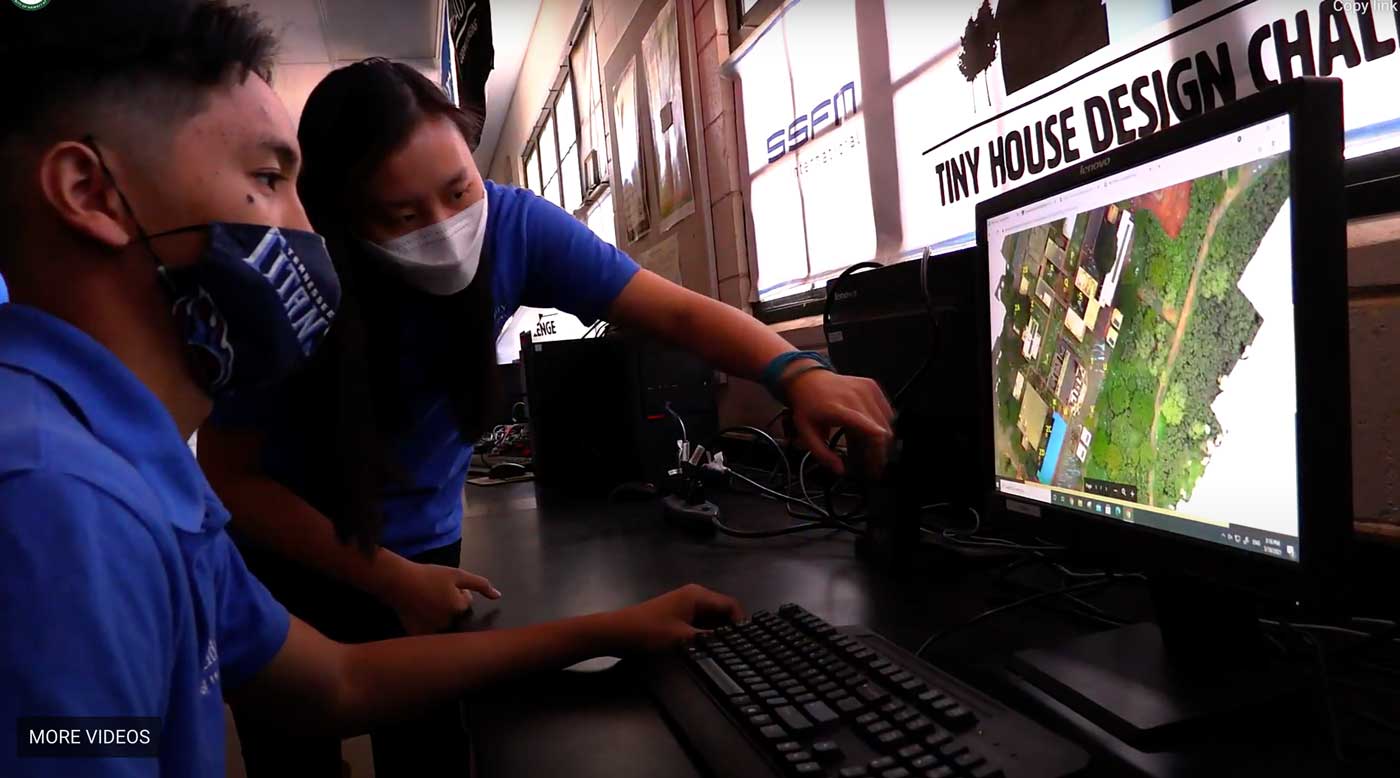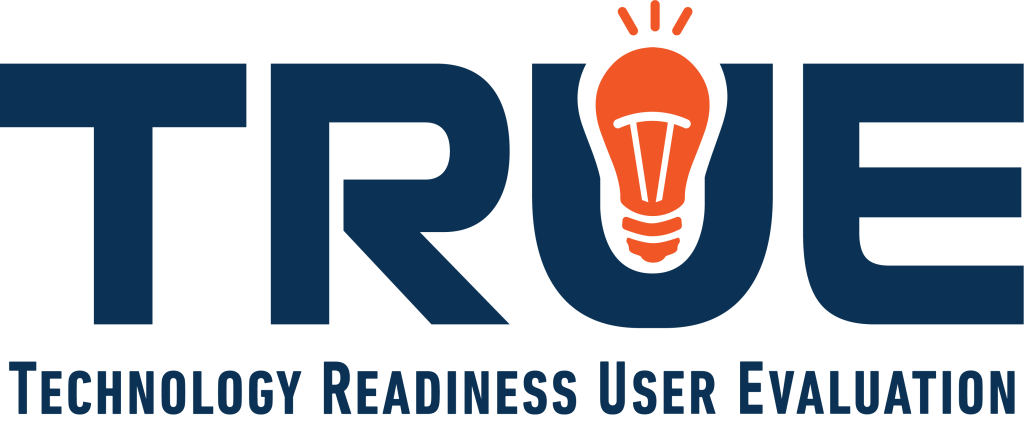News
CIMP 2.0 – Technology Prototype to Manage Stormwater Runoff

Community Innovation Mentorship Program (CIMP) is a mentorship model that aims to harness the collective impact of university-industry-local government collaboration and deliver a solution that addresses a notable problem in Hawaiʻi. Learn more about this unique program by viewing the formal presentation and listening to Hawaiʻi Public Radio’s coverage (the segment is located under “Stormwater runoff project includes local students”).
This year’s program is a collaboration among DataHouse, Belt Collins, Hawaii Department of Education – Waipahu High School, The College of Engineering at University of Hawaii at Manoa, Transform Hawaii Government, Hawaii Technology Development Corporation (HTDC), Hawaii Executive Collaborative (HEC). CIMP is part of Hawaiʻi’s Technology Readiness User Evaluation (TRUE) Initiative, which tech-enables organizations and aims to create more higher-paying jobs in Hawaii.
Climate change poses a significant threat to the Hawaiian islands and has contributed to an 18% drop in precipitation over the past 30 years. This increasing drying trend, coupled with the anticipated growth in the State’s population (resulting in changes in land use from forested areas to urban development), will likely raise the demand for water and compromise Hawaiʻi’s freshwater supplies over the coming decades.
If Hawaiʻi does not begin planning ahead, ensuring the islands’ supply of fresh water in the future may cost the public a great deal. In an effort to encourage the protection of water resources, Hawaiʻi’s State legislature passed Act42 (HB 1325), authorizing (but not requiring) Hawaiʻi’s counties to adopt a stormwater utility form of funding and to charge stormwater fees.
CIMP 2.0 aims to deliver a technology prototype to enable the stormwater utilities to play an important role in managing stormwater runoff and its impacts on communities and the environment. This prototype will fundamentally enable the establishment of “fee-for-service-based” funding of a community’s defined stormwater management program.
